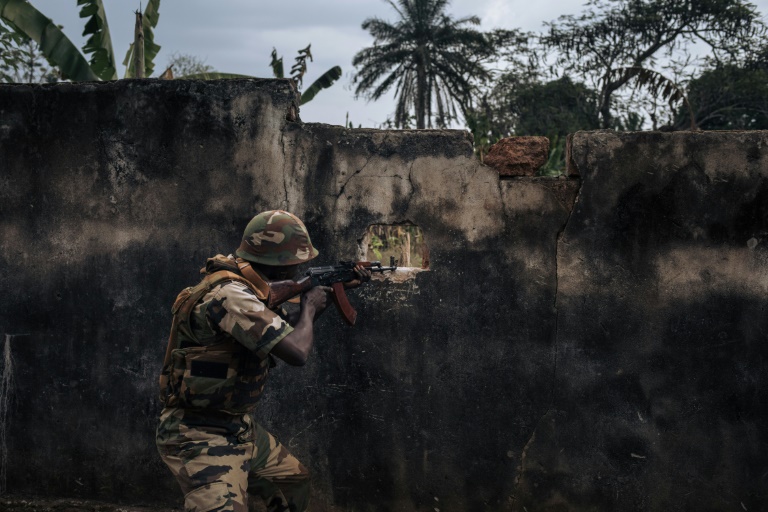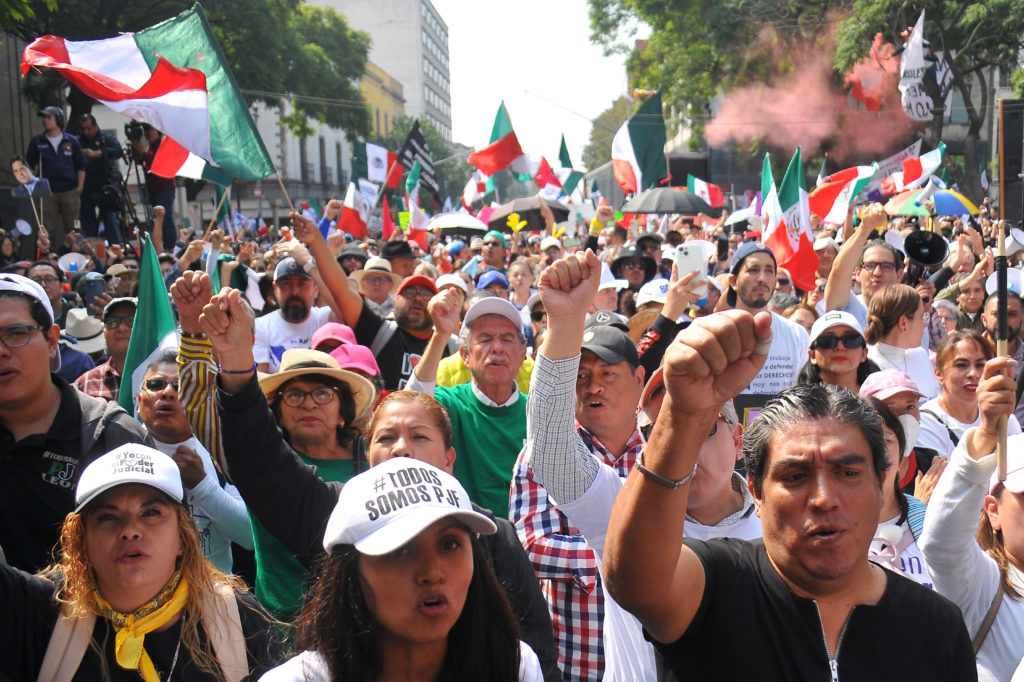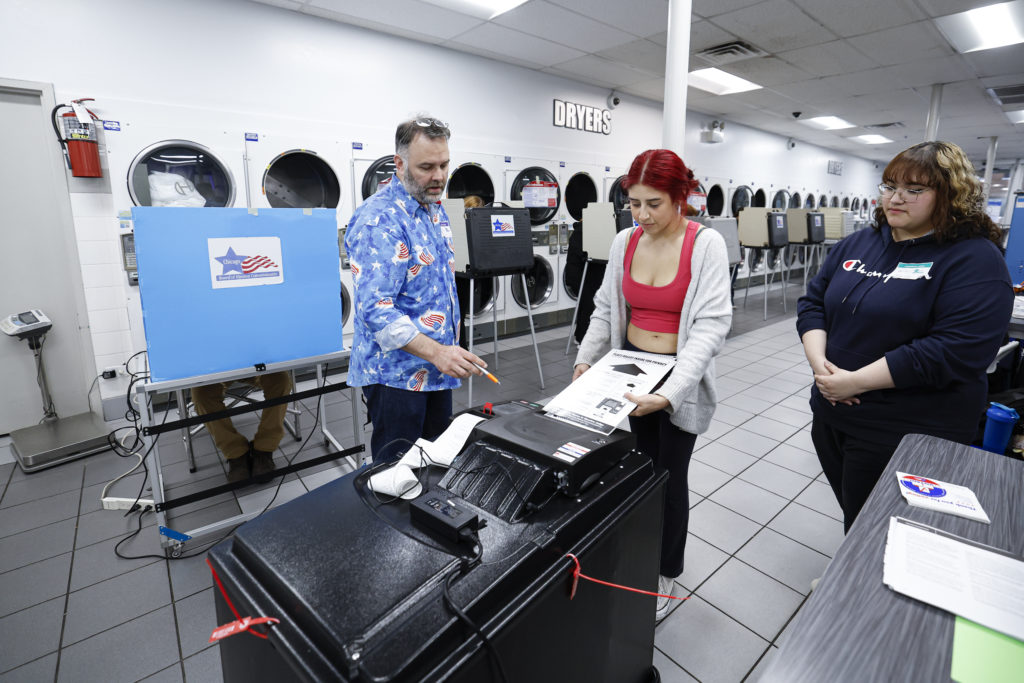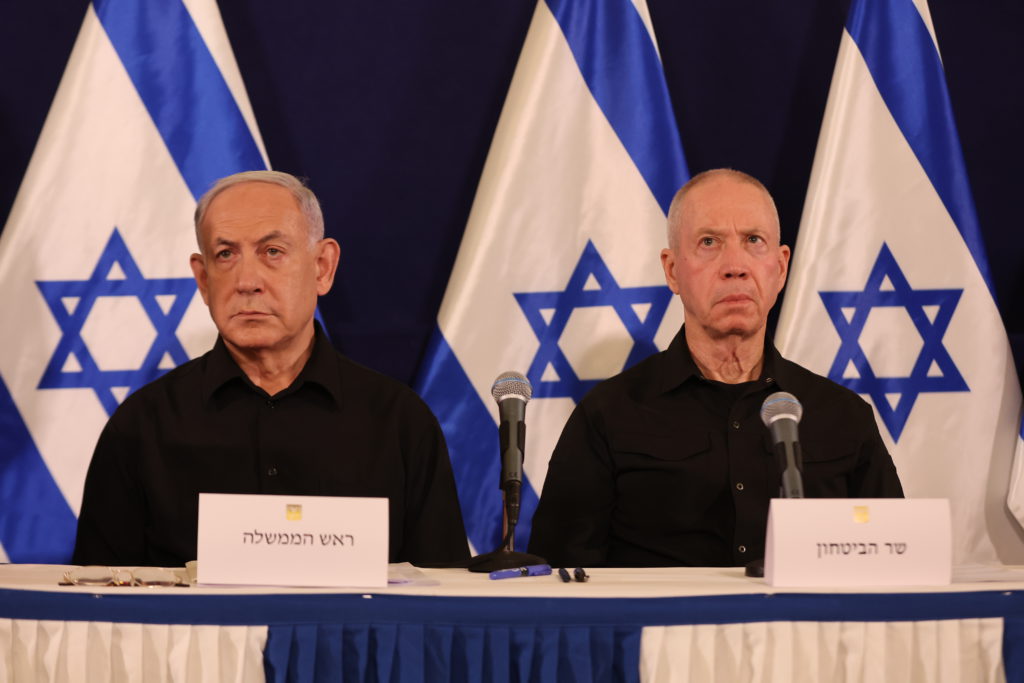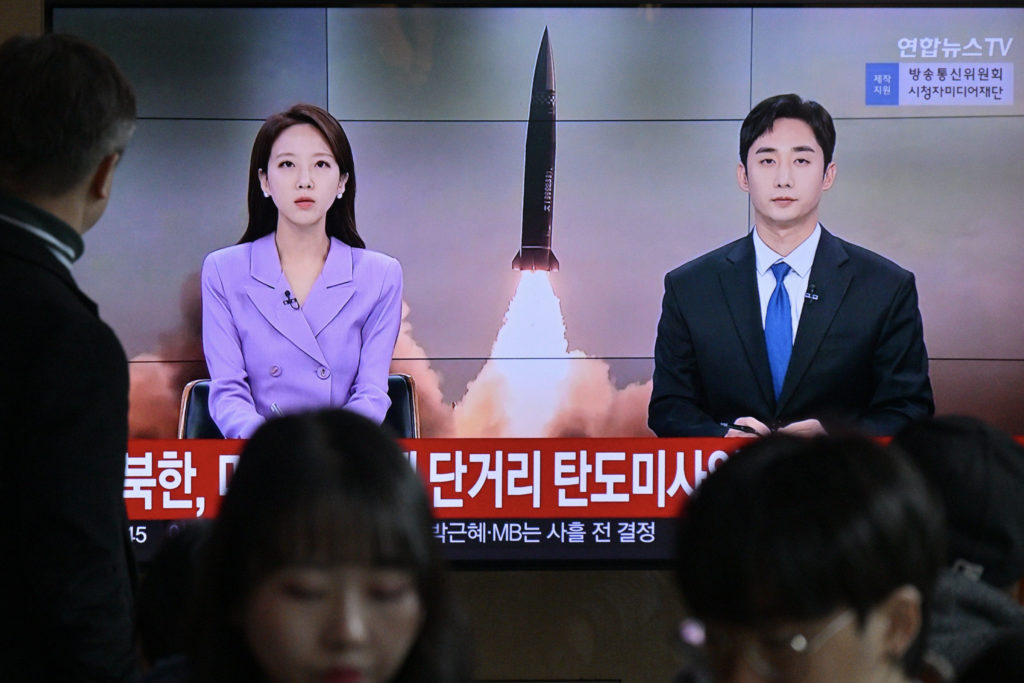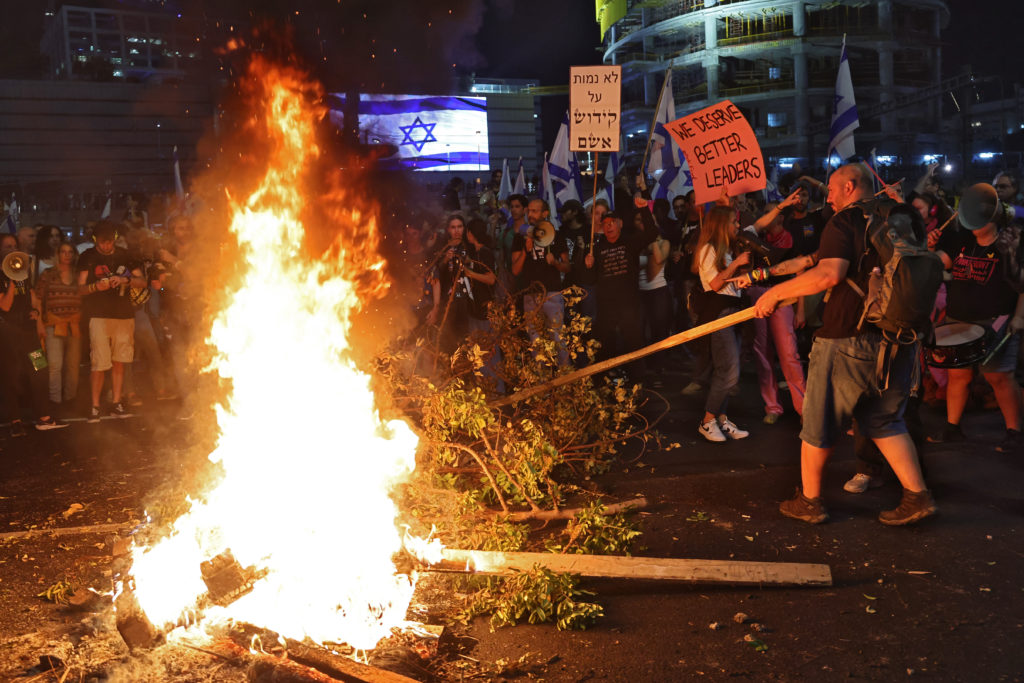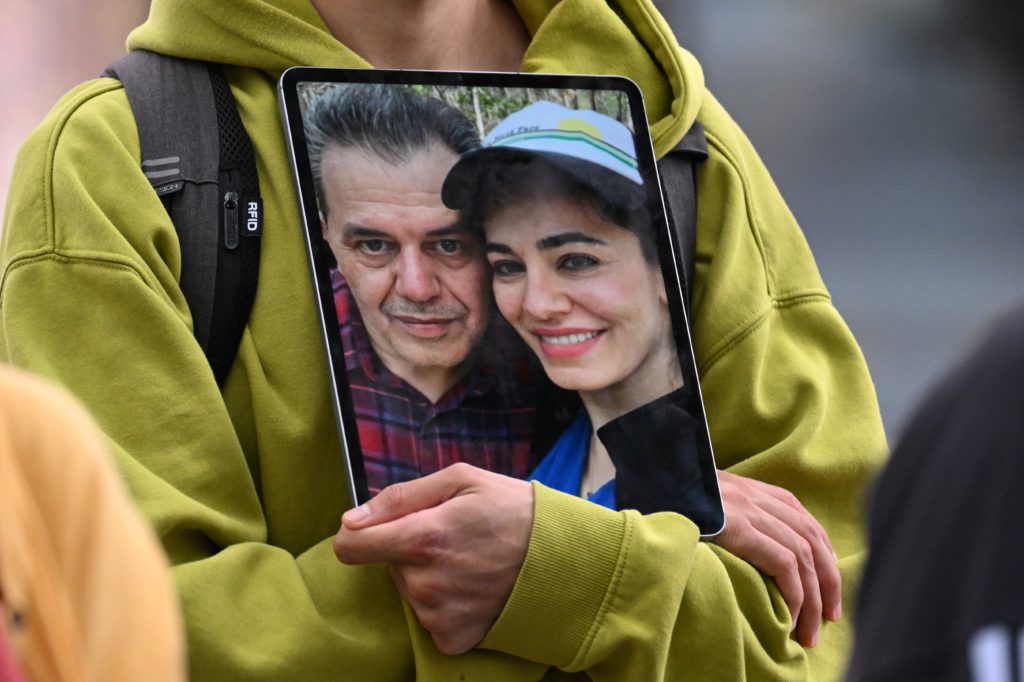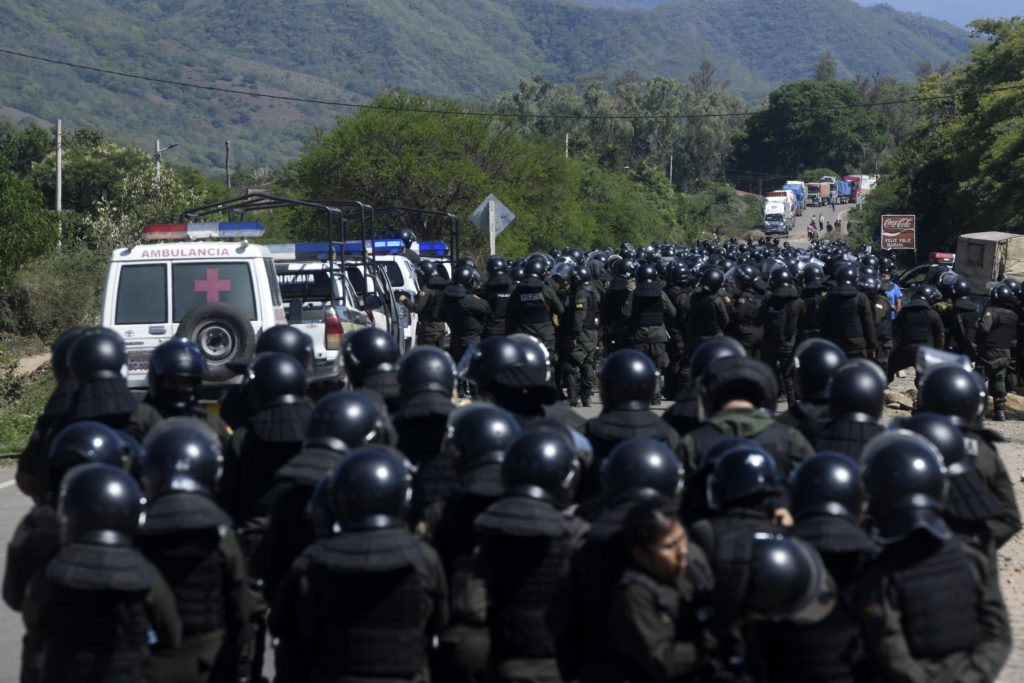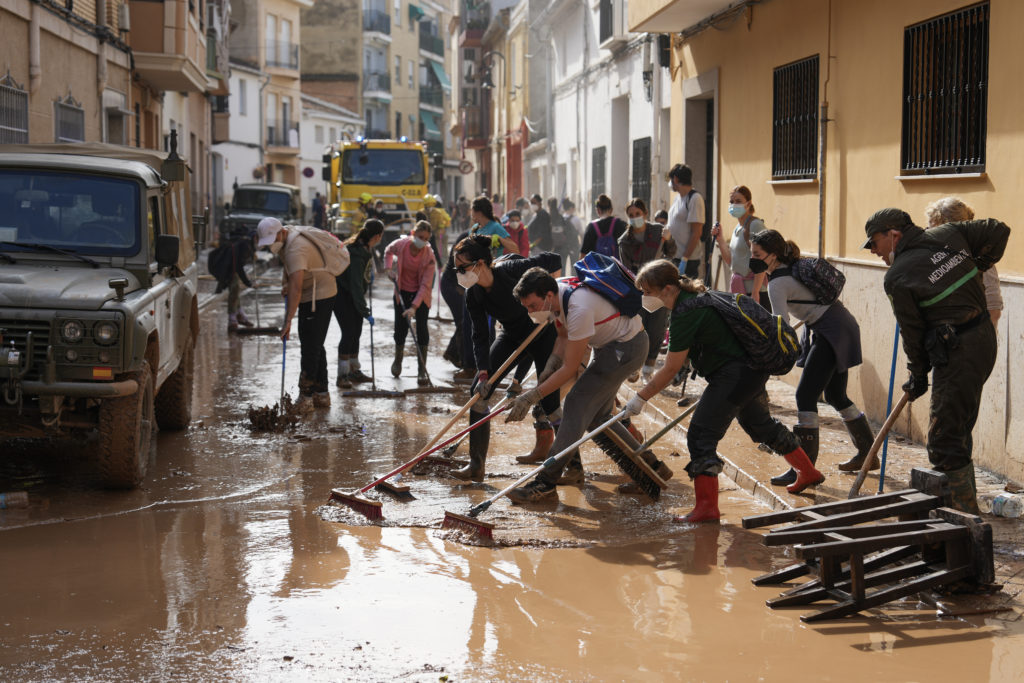Central African Republic’s President Faustin-Archange Touadera declared a “unilateral ceasefire” in the country’s conflict with rebel groups on Friday.
“I have come to announce to you this evening the end of military operations and all armed actions across the land from today… at midnight,” Touadera told national radio.
“This immediate, unilateral ceasefire is a demonstration… of my firm intent to prioritise the path of dialogue” after eight years of war,” he said.
The United Nations ranks the CAR as the world’s second least-developed state and its cause was only hindered by the 2013 outbreak of civil war.
The past three years has seen the intensity of the conflict drop off but terror groups continue to dominate swathes of the country and elude the authorities’ grasp.
Last December saw the Coalition of Patriots for Change (CPC), an alliance of armed groups which together occupied some two thirds of the nation, launch a major offensive.
The attack was designed to unseat Touadera and prevent his re-election that month.
After his re-election, Touadera promised to seek national reconciliation — while also soliciting support for his flagging army from Russian and Rwandan paramilitaries.
The foreign assistance has enabled the armed forces to wrest back control of a number of previously rebel-held towns and pushed the fighters back into the forests and the bush.
Rebels have nonetheless in recent weeks carried out several attacks albeit well outside the capital Bangui, despite the 12,000-strong presence of the UN MINUSCA force that has been in the country since 2014.
“Central African armed forces, backed by Russian and Rwandan allies, have been able to ward off the assaults of the CPC and retake much of the country’s territory,” Touadera said.
In August, the United Nations accused some paramilitaries as well as Central African soldiers of carrying out potential war crimes.
– Rebel holdouts –
Touadera said the ceasefire was a means of tamping down unrest to lay the groundwork for a “republican dialogue”.
He said Friday an organising committee had been tasked with putting the process in train but did not give a date.
“The main CPC leaders… have signed a commitment to cease all armed action nationwide, to reject plotting and any undertaking designed to destabilise the republic’s institutions,” Touadera said.
However two of the country’s main rebel groups did not sign up.
Nourredine Adam, who leads the Rebirth of the Central African Republic (FPRC), and Ali Darassa, head of the Union for Peace (UPC), were non-signatories.
The UPC left the CPC alliance last April.
Neither their groups nor the alliance were immediately contactable late Friday.
The 2013 civil war broke out as groups clashed on sectarian lines after a coup against former president Francois Bozize, who had seized power a decade earlier.
The government has accused Bozize of being behind a failed offensive against Touadera last December.

